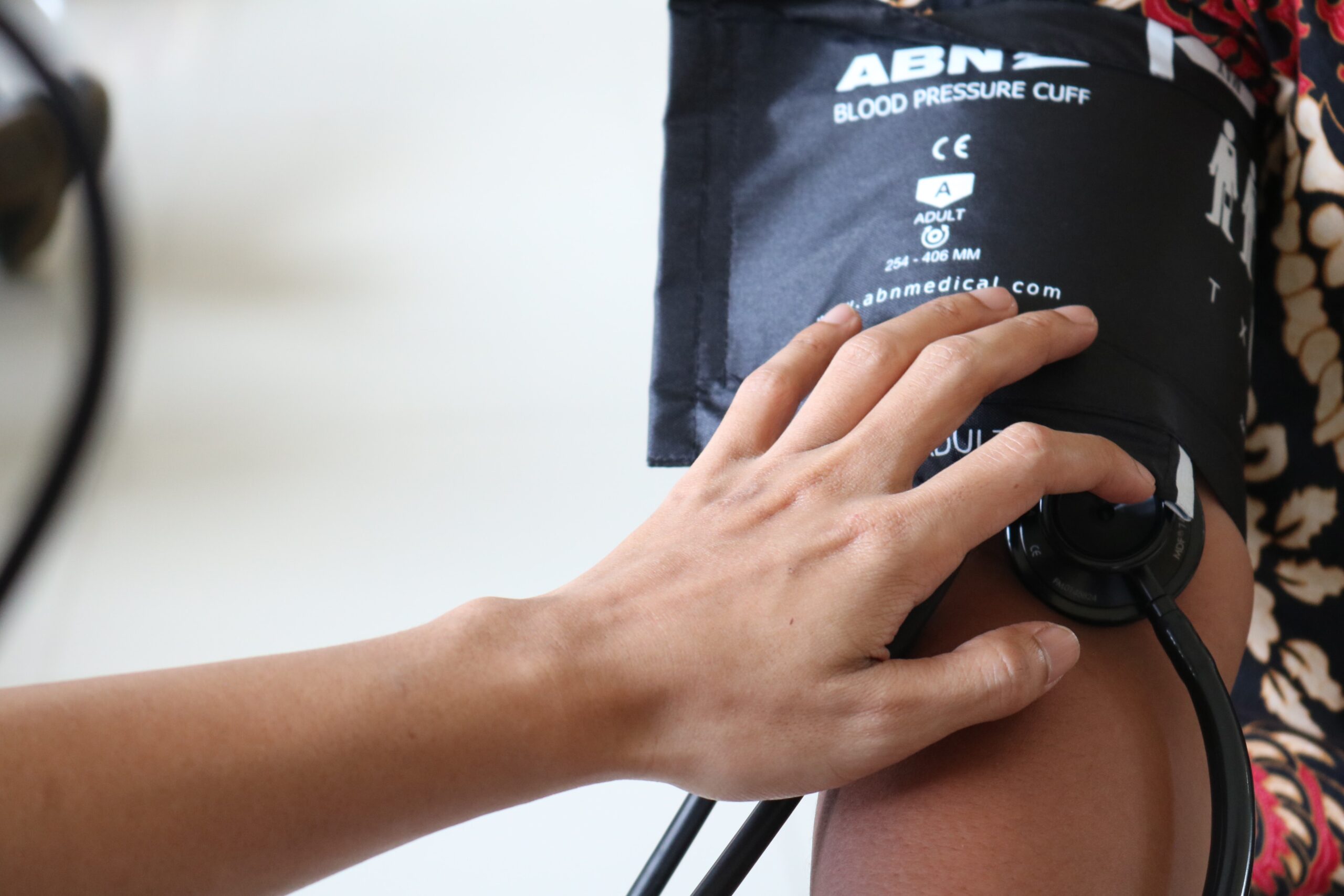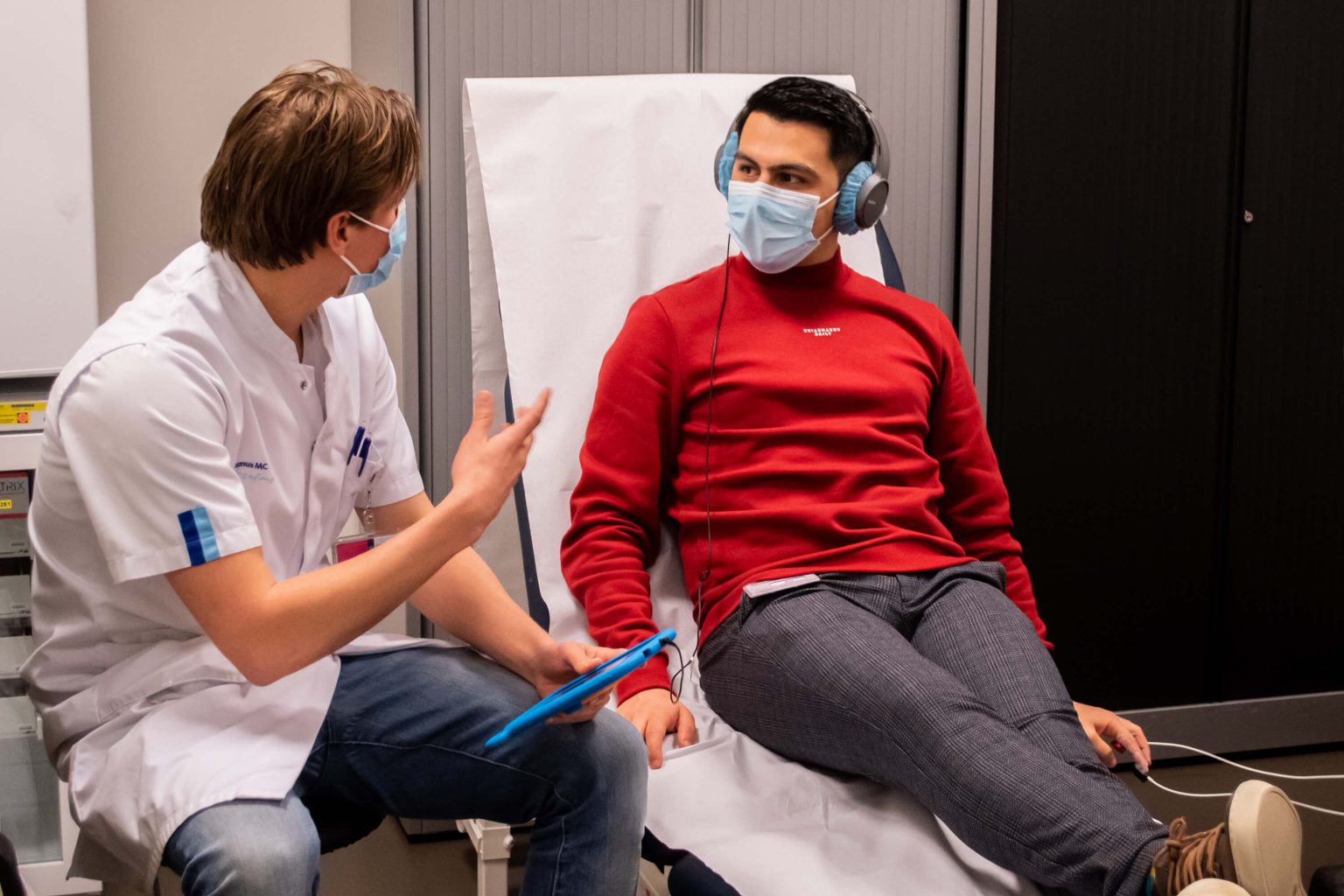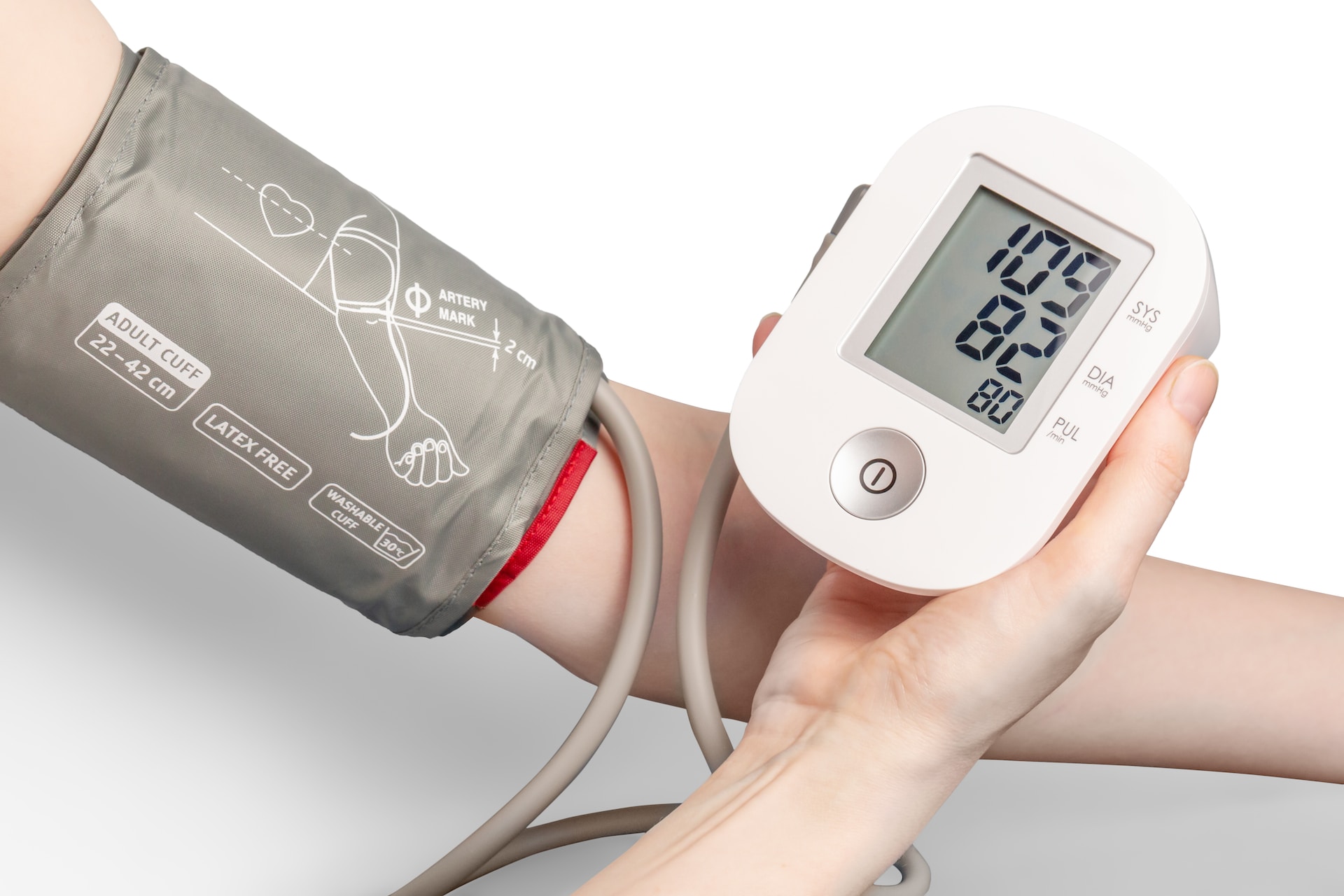When talking about fatigue, a distinction is often made between physical and mental fatigue. Mental fatigue often refers to decreased concentration, overstimulation or a tired mood. The desire to do things is then lacking.
Physical fatigue is more like having an overall low energy level, heavy limbs and sometimes pain in the arm and leg muscles. For example, you experience heavy legs when you get up from sitting, you wake up tired in the morning after a night’s sleep or your muscles hurt when you touch them.
When you’ve exercised a day or two before, muscle soreness or feeling heavy is not uncommon. This is because the body needs time to recover after a workout. This causes you to be a little less taxable, and micro-damage in the muscles can cause some soreness. The good thing is that the muscles can handle more after recovery.
If you are suffering from these symptoms on a daily basis, you have not made any particular effort and the symptoms are not diminishing, but rather worsening, then there is a good chance of overuse. In fact, too much stress, illness or burnout can also cause these symptoms.
Muscle pain after a workout is a feeling that many people quickly recognize and can describe well. The feeling we often hear with too much stress or after illness is often a little more difficult to explain to another person. Although not everyone experiences this feeling as pain, but rather as heaviness, fatigue or weakness, we will refer to it as muscle pain from now on.
How does the painful or heavy feeling in muscles occur?
Even though muscle pain is a fairly well-known form of pain, it is not normal to feel it on a daily basis without a clearly identifiable cause. Because pain is a rather special phenomenon, it is important to understand more about pain. You can read more about this in this blog on chronic pain (Chronic Pain)
Muscle pain when the body is overworked and a dysregulated autonomic nervous system ( The most common persistent physical and mental complaints ) can be caused by several processes:
- A deficiency of vitamins and minerals. Blood tests can show that you are vitamin or mineral deficient. This can cause muscles to struggle to relax and recover, which can increase muscle tension and cause pain. Don’t just take extra nutritional supplements if you don’t know if this is the cause! Have this investigated first.
- Sleep deprivation or poor sleep quality ( Sleep problems )Sleep is important for brain and body recovery. When you take too little time for adequate sleep or when your sleep is disrupted by stress, worry or pain, the body does not recover sufficiently. As a result, muscle fibers do not recover efficiently enough, making them more vulnerable. Muscle pain and feeling heavy in the limbs is a possible result.
- Chronic hyperventilation or other breathing problems ( Breathing problems due to a dysregulated nervous system )Breathing is a process that keeps the body in balance. When we exert, breathing increases and when we relax, breathing decreases. Once an imbalance develops in the autonomic nervous system due to illness or overexertion, or when the entire nervous system becomes dysregulated due to chronic stress, we breathe continuously as if we are exerting intense effort. This causes us to breathe too much at rest, which affects blood flow. The blood vessels decrease as a result, which simply means the muscles receive less nutrients and waste products are not drained as well. Muscle pain can also result from this.
- Excessive or chronic stress. So both hyperventilation and poor sleep can be caused by too much stress. But too much stress in itself also has direct effects on muscle function. This is because muscle construction and function depend on hormones. For example, testosterone ensures muscle building and repair. Adrenaline and cortisol ensure that muscles are able to tighten. When stressed, muscle tension increases so that we can take action. Chronic stress, however, can cause muscle tension to remain high, eventually making muscles feel sore.


The effects of muscle pain in burnout
Muscle pain and tired limbs are unpleasant feelings. When you experience these kinds of symptoms, it is difficult to perform daily activities. We have seen how psychological processes can trigger muscle pain. But suffering from these symptoms on a daily basis can also lead to irritation and stress.
Because of this, it often happens that people gradually suffer more and more from these complaints and do less and less. Because moving actually hurts, exercise is increasingly avoided. However, this is a big problem!
Motion sickness can make the symptoms worse. This is because what the body does not use, the body will break down because it is unnecessary. The result can be that we break down more and more muscle mass and at even less to cope with. This is why it is important to keep moving at the right level. At BioCheck we help you do just that. (link to employee program overview). Along with regulating breathing and mental awareness and education, we help you regain balance, which can reduce muscle pain.






